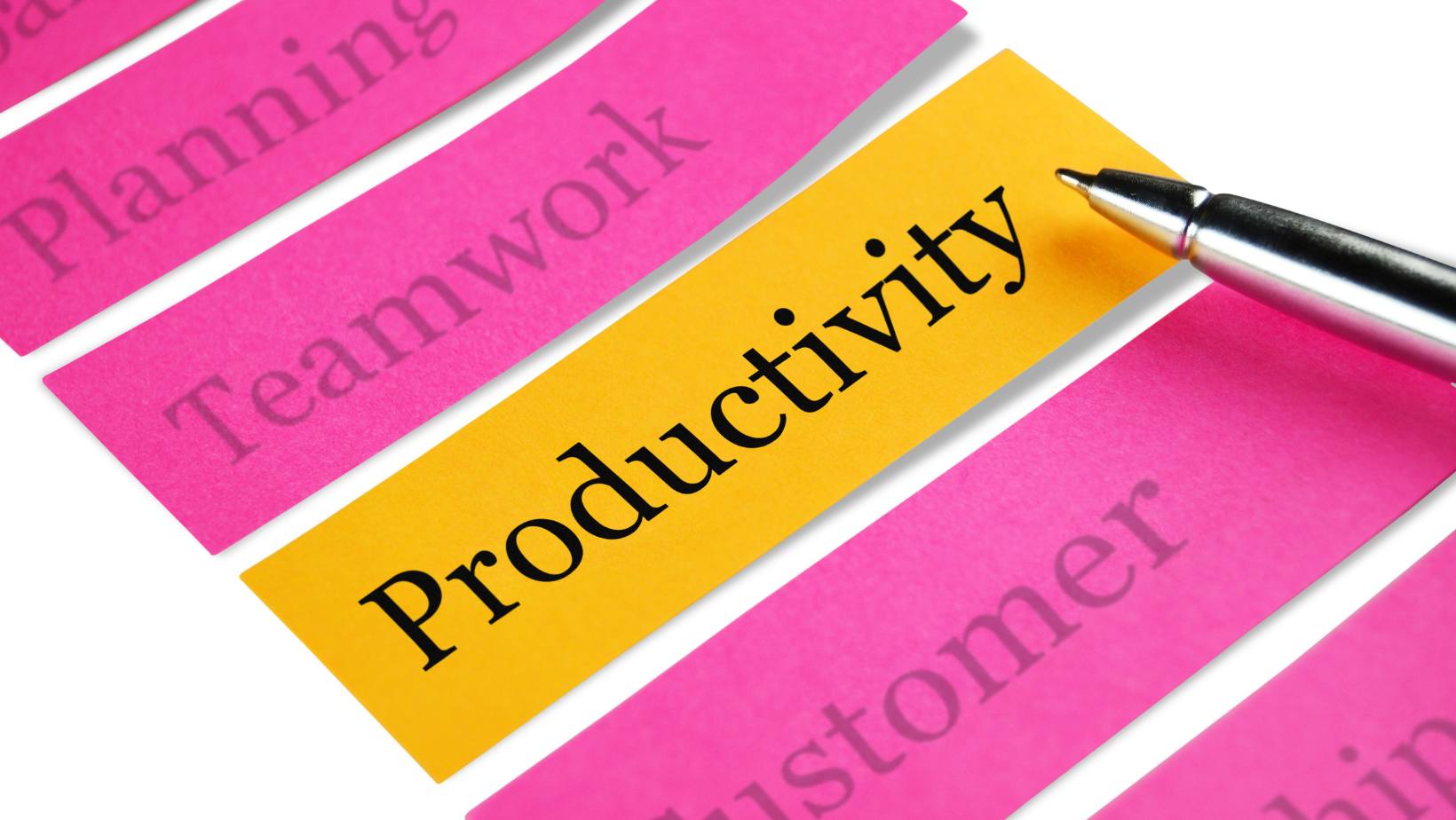In a world that glorifies the grind, it’s easy to wear exhaustion as a badge of honor. But as productivity expert Ali Thompson knows, true peak performance starts with prioritizing rest. “The most game-changing thing I did for my energy levels was to optimize my sleep,” he shares. “Once I cracked the code on sleeping smarter, I unlocked a whole new level of focus and efficiency during the day.” Here, Thompson reveals his top six strategies for getting the most out of your nightly recharge.
Tip #1: Banish the Bedtime Scroll with a Kindle
The blue light emitted by phones and tablets can wreak havoc on your sleep by suppressing the hormone melatonin, which signals to your body that it’s time to wind down. Thompson’s solution? “I keep a Kindle on my nightstand instead of my phone,” he says. “The warm light is gentler on the eyes, and reading for 20-30 minutes helps me drift off naturally, without the temptation to endlessly scroll social media.”
Tip #2: Wake Up Like Clockwork with an Old-School Alarm
While it’s convenient to use your phone as an alarm, it makes it all too easy to hit snooze and disrupt your sleep-wake cycle. “Investing in a physical alarm clock was a game-changer for me,” Thompson notes. “Having to physically get out of bed to turn it off helps me wake up more fully, and seeing the time displayed reinforces a consistent schedule.”
Tip #3: Cut the Afternoon Caffeine for Sounder Slumber
That 4 pm latte might power you through the last few hours of the workday, but it could also be sabotaging your sleep. “Caffeine has a half-life of about 6 hours, meaning half of it is still circulating in your system long after you’ve finished your cup,” explains Dr. Sarah Nguyen, a sleep medicine specialist. Thompson’s rule of thumb? “No caffeine after 2 pm. Switching to decaf tea or soda in the afternoon has made a noticeable difference in how quickly I’m able to fall asleep at night.”
Tip #4: Create a Cave-Like Haven with Blackout Curtains
Even small amounts of light filtering into your bedroom can disrupt your body’s natural circadian rhythms. “Our brains are highly sensitive to light cues,” says Dr. Nguyen. “Keeping your room as dark as possible sends a powerful signal that it’s time to sleep.” Thompson swears by blackout curtains for creating an optimal sleep environment. “When I’m in a hotel with really good blackout curtains, I always notice how much more deeply I sleep. It’s a simple change that can make a big impact.”
Tip #5: Cool Down for Better Zzz’s
The Ideal Sleep Temperature May Surprise You
Think a cozy, warm bedroom is most conducive to sleep? Think again. “The optimal temperature for sleep is actually a bit cooler than most people realize, around 65°F or 18°C,” reveals Dr. Nguyen. “As we fall asleep, our core body temperature naturally drops. A slightly chilly room facilitates that process.” Thompson keeps his thermostat low and uses a fan for circulation. “I aim for that ‘just slightly chilly under the covers’ feeling. It makes it so much easier to drift off.”
Tip #6: Fall Asleep in Minutes with This Pilot-Approved Technique
Even with the ideal sleep setup, sometimes racing thoughts can keep you from getting some shut-eye. That’s where this technique, used by pilots to sleep on command, comes in handy. “Start by relaxing all the muscles in your face, then visualize your legs sinking heavily into the bed,” instructs Thompson. “Next, focus on relaxing your arms, fingers, and shoulders. If your mind starts to wander, gently bring your attention back to your breath.” He swears this method works like a charm. “90% of the time, I’m out before I even get to the final step. It’s like a secret off switch for your busy brain.”
Your Sleep Optimization FAQs
What if I’m a night owl? Can I still benefit from these tips?
Absolutely! While some people are naturally wired to be most alert in the evenings, you can still optimize your sleep within that framework. Aim for a consistent sleep and wake time that aligns with your natural rhythm, and focus on creating an ideal environment for rest whenever you do hit the hay.
How quickly should I expect to see results from these changes?
Everyone’s a bit different, but most people report feeling a difference within a few days to a week of implementing these strategies consistently. Better sleep tends to have a domino effect – as you start waking up more refreshed, it becomes easier to make healthy choices during the day that further support good sleep at night. Stick with it, and soon you’ll be wondering how you ever managed without your new sleep superpowers!
I’ve heard about sleep trackers and apps. Are they worth using?
While sleep trackers can provide interesting data and help you spot patterns over time, Thompson cautions against getting too caught up in the numbers. “At the end of the day, the most important metric is how you feel. Are you waking up refreshed and energized? Are you able to focus and be productive during the day? Those subjective measures are more important than any sleep score.” Rather than obsessing over data, focus on creating sustainable habits that leave you feeling your best.
